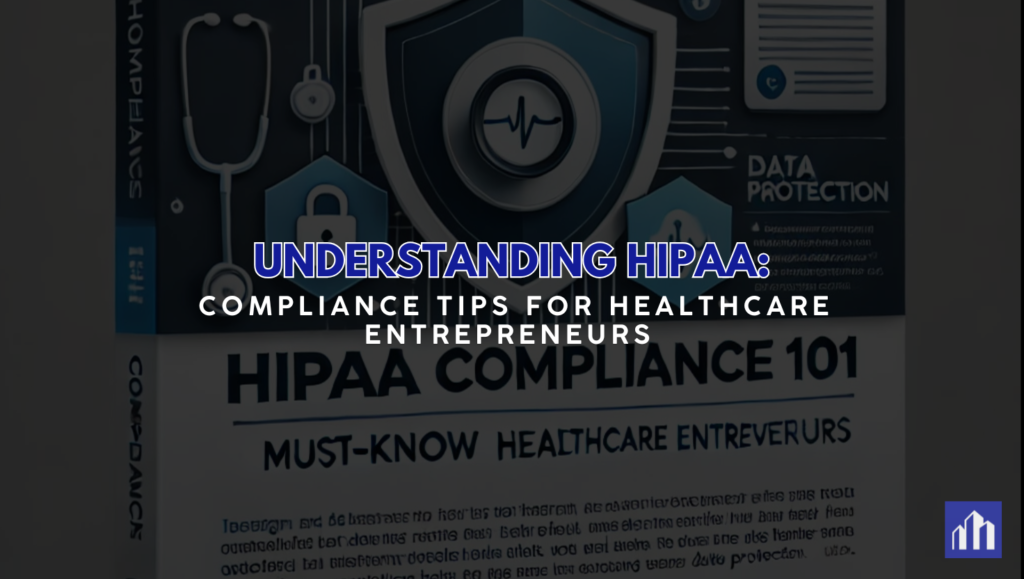If you’re a healthcare entrepreneur—whether running an IV hydration clinic, MedSpa, or telehealth service—compliance with the Health Insurance Portability and Accountability Act (HIPAA) is critical. Failing to adhere to HIPAA regulations can result in hefty fines, lawsuits, and damage to your business’s reputation. Let’s break down the essentials of HIPAA compliance and practical steps you can take to protect patient data.
What is HIPAA Compliance?
HIPAA is a federal law that safeguards protected health information (PHI). It applies to healthcare providers, business associates, and anyone handling patient data. Compliance requires:
- Privacy Rule Adherence – Limiting access to PHI and ensuring patient confidentiality.
- Security Rule Compliance – Protecting electronic PHI (ePHI) through cybersecurity measures.
- Breach Notification – Reporting data breaches to affected individuals and the government.
Actionable Steps for HIPAA Compliance
1. Conduct a Risk Assessment
Identify potential vulnerabilities in how your business collects, stores, and transmits PHI. The Office for Civil Rights (OCR) provides a Security Risk Assessment Tool that can help evaluate risks and implement safeguards.
2. Implement Strong Security Measures
Use encryption, secure passwords, firewalls, and multi-factor authentication to protect ePHI. Cloud-based healthcare software like HIPAA Vault or Paubox offers compliant storage solutions.
3. Train Your Staff Regularly
Employees should receive HIPAA training upon hiring and at least annually. Platforms like HIPAA Exams and Compliancy Group offer online courses tailored for healthcare businesses.
4. Establish Written Policies and Procedures
Create clear guidelines on data handling, record access, and breach response. A HIPAA compliance manual ensures consistency and accountability within your organization.
5. Use HIPAA-Compliant Communication Tools
Avoid using standard email or text messaging for PHI. Instead, use Doxy.me, Spruce Health, or Updox, which are designed for secure patient communications.
6. Sign Business Associate Agreements (BAAs)
If you work with vendors who handle PHI (e.g., billing services, cloud storage providers), ensure they sign a Business Associate Agreement to confirm their compliance obligations.
Stay Proactive and Protect Your Business
HIPAA compliance isn’t just about avoiding fines—it builds trust with your patients and strengthens your business’s credibility. Need expert legal guidance tailored to your healthcare business? Book a free consultation with Freedom Thru Business today! Click here to schedule your call.

